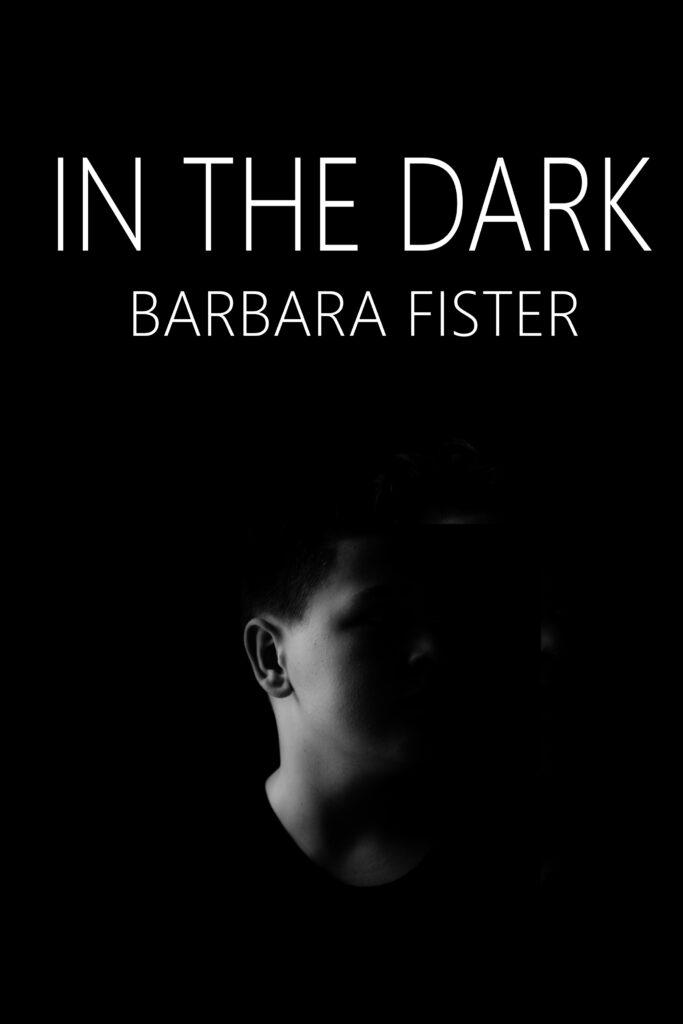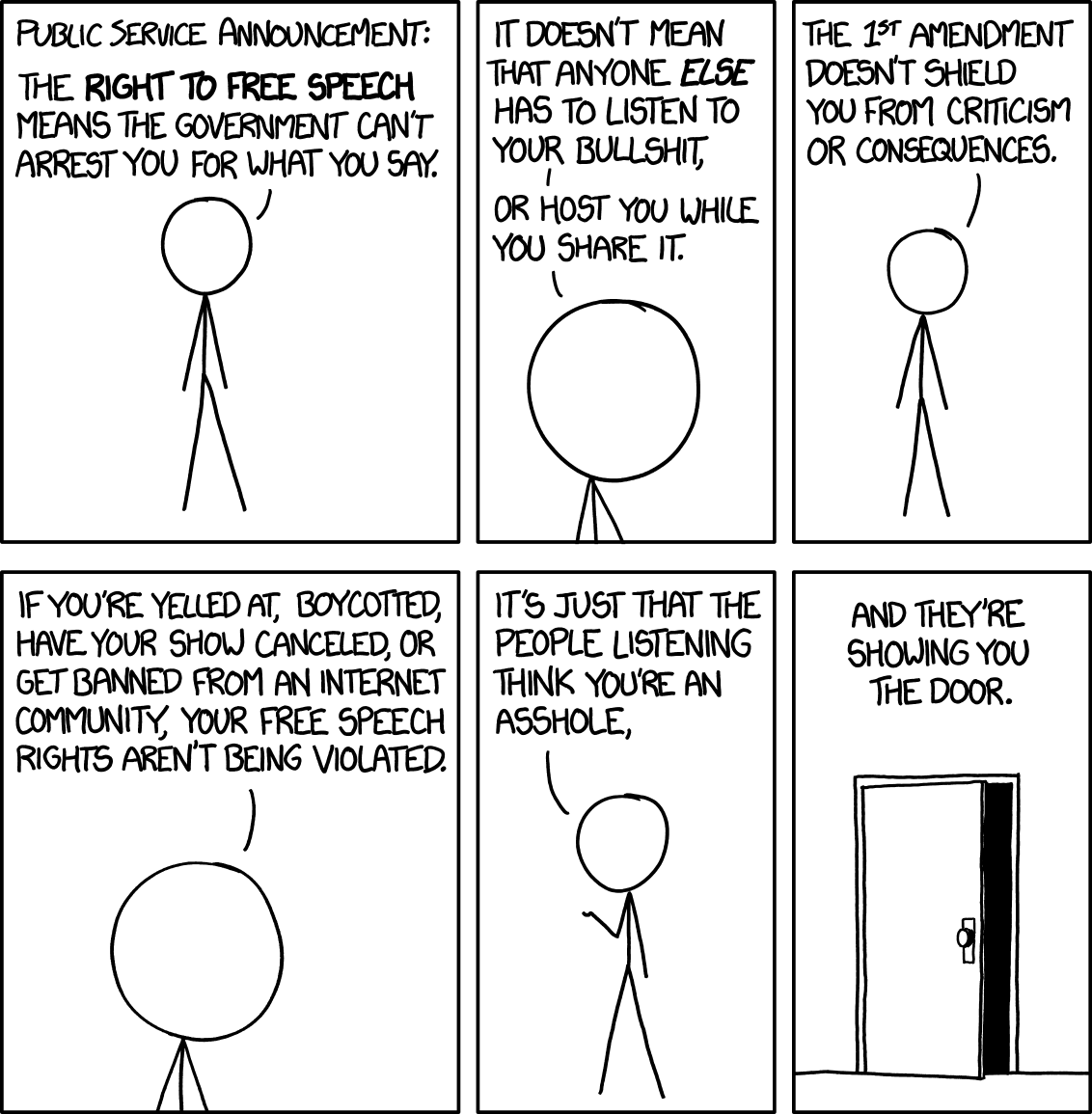 As usual, my online mystery reading group collects our top ten crime fiction reads of the year. I’ll note them here out of a sense of tradition, along with some notes on other books I read and enjoyed in 2021. Someday I’ll look back on all of these and map out how my tastes have changed (and/or how the genre has changed). My impression is that I’m reading more women and BIPOC authors and have mellowed from my more hard-boiled days. I even read a cozy this year – it didn’t make my top ten, but I did finish it.
As usual, my online mystery reading group collects our top ten crime fiction reads of the year. I’ll note them here out of a sense of tradition, along with some notes on other books I read and enjoyed in 2021. Someday I’ll look back on all of these and map out how my tastes have changed (and/or how the genre has changed). My impression is that I’m reading more women and BIPOC authors and have mellowed from my more hard-boiled days. I even read a cozy this year – it didn’t make my top ten, but I did finish it.
Category: books
You Are Here by Witney Phillips and Ryan M. Milner
 It’s here! You Are Here: A Field Guide for Navigating Polarized Speech, Conspiracy Theories, and Our Polluted Media Landscape by Whitney Phillips and Ryan M. Milner has been published this week (MIT Press, March 2) and it’s wonderful. Throughout the book, the authors use the natural world and the threats it faces as a metaphor for the network “pollution” that we all experience, pollution that hardens polarization, distributes misinformation, and knows no borders. This metaphor allows the authors to focus on how polluted information spreads and what to do about it rather than examining motives or assigning political blame; it also points to the unequal social burden of this pollution, similar to environmental racism. Polluted information is nothing new, but in recent years we’ve built a network system that amplifies and spreads it with great efficiency. This polluted environment (one the US is particularly responsible for building) is one that is interconnected and one we all share, so it requires a communal effort to restore it to health. You’re here. I’m here. What we do affects us all. The authors write:
It’s here! You Are Here: A Field Guide for Navigating Polarized Speech, Conspiracy Theories, and Our Polluted Media Landscape by Whitney Phillips and Ryan M. Milner has been published this week (MIT Press, March 2) and it’s wonderful. Throughout the book, the authors use the natural world and the threats it faces as a metaphor for the network “pollution” that we all experience, pollution that hardens polarization, distributes misinformation, and knows no borders. This metaphor allows the authors to focus on how polluted information spreads and what to do about it rather than examining motives or assigning political blame; it also points to the unequal social burden of this pollution, similar to environmental racism. Polluted information is nothing new, but in recent years we’ve built a network system that amplifies and spreads it with great efficiency. This polluted environment (one the US is particularly responsible for building) is one that is interconnected and one we all share, so it requires a communal effort to restore it to health. You’re here. I’m here. What we do affects us all. The authors write:
Continue reading “You Are Here by Witney Phillips and Ryan M. Milner”
Silicon Values by Jillian C. York
 One of the stickiest issues we face is how to fix the internet so it isn’t a democracy-threatening amplifier of disinformation and a tool to incite racist, fascist hate and violence. It’s an old problem. While John Perry Barlow’s Declaration of the Independence of Cyberspace argued against any curbs on speech online, appealing to the naïve yet foundational myth that speech, like markets, would regulate itself wisely out of enlightened self-interest, there has never been a prelapsarian Internet where there was no garbage to take out. Email wouldn’t function without some spam controls, and platforms have had to learn how to limit the spread of child pornography and unauthorized sharing of copyrighted material, however imperfectly, because the legal costs of not doing so were significant. The harder job is deciding what speech is unacceptable when the scale of these platforms is global and vast and both Mammon and mischief drive what speech gets the most reach. Jillian C. York takes on the complexity of that challenge in Silicon Values: The Future of Free Speech Under Surveillance Capitalism (Verso, March 2).
One of the stickiest issues we face is how to fix the internet so it isn’t a democracy-threatening amplifier of disinformation and a tool to incite racist, fascist hate and violence. It’s an old problem. While John Perry Barlow’s Declaration of the Independence of Cyberspace argued against any curbs on speech online, appealing to the naïve yet foundational myth that speech, like markets, would regulate itself wisely out of enlightened self-interest, there has never been a prelapsarian Internet where there was no garbage to take out. Email wouldn’t function without some spam controls, and platforms have had to learn how to limit the spread of child pornography and unauthorized sharing of copyrighted material, however imperfectly, because the legal costs of not doing so were significant. The harder job is deciding what speech is unacceptable when the scale of these platforms is global and vast and both Mammon and mischief drive what speech gets the most reach. Jillian C. York takes on the complexity of that challenge in Silicon Values: The Future of Free Speech Under Surveillance Capitalism (Verso, March 2).
crime fiction top ten – the 2020 list
 Ever since I joined a discussion group for mysteries some fifteen years ago (4MysteryAddicts, once on Yahoo Groups and now on Groups.io) I’ve participated in the annual tradition of selecting and sharing our top ten mysteries of the year. Seeing what books others enjoyed reading is a great way of getting ideas for what to read next, which if you’re addicted to mysteries is a serious question. I’ll share my list here, as I’ve done most years, along with noting some novels and non-fiction that I also enjoyed reading. Making these lists provide a good opportunity to take stock and look back. Given what a horrid year 2020 was, the reading was surprisingly good.
Ever since I joined a discussion group for mysteries some fifteen years ago (4MysteryAddicts, once on Yahoo Groups and now on Groups.io) I’ve participated in the annual tradition of selecting and sharing our top ten mysteries of the year. Seeing what books others enjoyed reading is a great way of getting ideas for what to read next, which if you’re addicted to mysteries is a serious question. I’ll share my list here, as I’ve done most years, along with noting some novels and non-fiction that I also enjoyed reading. Making these lists provide a good opportunity to take stock and look back. Given what a horrid year 2020 was, the reading was surprisingly good.
new free range book
 I finished finishing a book recently. That is, I completed a draft of a mystery ages ago, let it sit in a quiet place for a while to ripen, and then took it out and decided it needed some fairly significant changes. Then it had to sit in a quiet place again. I made more changes, and I thought it was done but as soon as I uploaded the chapters and saw it through a different layout (funny how that works) I discovered a dozen missing words, duplicate phrases, etc. –small mistakes that had hidden in plain sight, so I went through it all again. And when that was done, I made a cover, switched the setting to “public,” and uploaded a copy to the Internet Archive. Though I’m sure there are still some glitches, and possibly some glaring errors, it’s out there now, free for anyone who feels like reading a mystery.
I finished finishing a book recently. That is, I completed a draft of a mystery ages ago, let it sit in a quiet place for a while to ripen, and then took it out and decided it needed some fairly significant changes. Then it had to sit in a quiet place again. I made more changes, and I thought it was done but as soon as I uploaded the chapters and saw it through a different layout (funny how that works) I discovered a dozen missing words, duplicate phrases, etc. –small mistakes that had hidden in plain sight, so I went through it all again. And when that was done, I made a cover, switched the setting to “public,” and uploaded a copy to the Internet Archive. Though I’m sure there are still some glitches, and possibly some glaring errors, it’s out there now, free for anyone who feels like reading a mystery.
edtech doesn’t disrupt
 . . . it just eats budgets, deepens inequality, and gathers enormous amounts of data (while often invading students’ privacy in new ways). Earlier this fall I read Justin Reich’s Failure to Disrupt: Why Technology Alone Can’t Transform Education, and I had the opportunity to ask the author some questions as part of Project Information Literacy’s Smart Talk series. The book is a very thorough and even-handed overview of how technology has been introduced into classrooms, first examining how these technologies approach learning (massive online courses, computer-aided personalized learning, and using technology to build learning communities) and then unpacking the problems that have hindered tech’s promise. These have only become more obvious since the pandemic sent students and teachers home and Zoom became a common verb for online interaction.
. . . it just eats budgets, deepens inequality, and gathers enormous amounts of data (while often invading students’ privacy in new ways). Earlier this fall I read Justin Reich’s Failure to Disrupt: Why Technology Alone Can’t Transform Education, and I had the opportunity to ask the author some questions as part of Project Information Literacy’s Smart Talk series. The book is a very thorough and even-handed overview of how technology has been introduced into classrooms, first examining how these technologies approach learning (massive online courses, computer-aided personalized learning, and using technology to build learning communities) and then unpacking the problems that have hindered tech’s promise. These have only become more obvious since the pandemic sent students and teachers home and Zoom became a common verb for online interaction.
two takes on how we broke the internet and what to do about it
My attention span hasn’t been great lately. I snapped up some advanced copies of books about tech and society (thank you Netgalley) but it’s all too easy to let my attention slip to checking the news or, worse, to Twitter, home of the social media paradox: the platform depends on attention, while totally obliterating it. Tim Hwang’s new book, Subprime Attention Crisis: Advertising and the Time Bomb at the Heart of the Internet, out in mid-October, confirms a suspicion I’ve had for a long time. Targeted advertising doesn’t work – but because it drives so much of what we think of as “the internet” today, its approaching failure threatens to create widespread damage to our entire information infrastructure.
Continue reading “two takes on how we broke the internet and what to do about it”
Top Ten for 2018 – Non-Fiction
I posted this top ten list over at Inside Higher Ed. I’ll be adding my traditional top ten in crime fiction before too long.
 Yochai Benkler, Robert Faris, and Harold Roberts Network Propaganda: Manipulation, Disinformation, and Radicalization in American Poltiics (Oxford).
Yochai Benkler, Robert Faris, and Harold Roberts Network Propaganda: Manipulation, Disinformation, and Radicalization in American Poltiics (Oxford).
A thorough examination of the ways technology has been used in recent months to shape our political culture and influence events, based on an analysis of millions of stories posted and shared on networks in three decisive years. I haven’t finished reading it yet, but it’s a lucid, fascinating explanation of how these networks operate and how our news environment has split into two distinct spheres, contributing to polarization and radicalization. If your library’s copy is checked out, you can read the open access version.
2017 top ten plus
 I have posted my top ten crime fiction books of the year for a long time here and at a previous WordPress.com site. I figured I would carry on the tradition, adding in some other books that stuck with me and linking to the reviews I wrote at Reviewing the Evidence for most of them. You can find a more-or-less complete list of books I’ve read at LibraryThing.
I have posted my top ten crime fiction books of the year for a long time here and at a previous WordPress.com site. I figured I would carry on the tradition, adding in some other books that stuck with me and linking to the reviews I wrote at Reviewing the Evidence for most of them. You can find a more-or-less complete list of books I’ve read at LibraryThing.
a reminder . . .
Milo lost his gig at CPAC. He was forced to resign from Breitbart. He lost his book deal and probably a lot of the speaking gigs that would have come with it.
This is not censorship.
To put it in classic XKCD terms:
